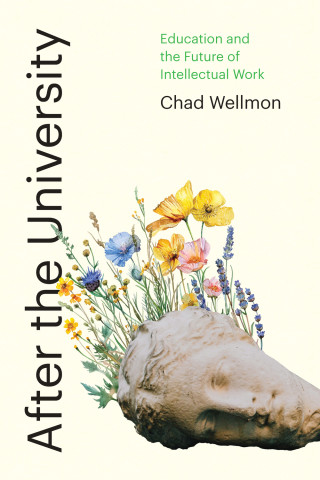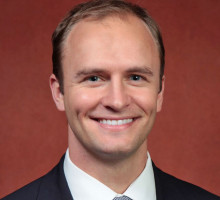
Reviews
O'Shea does more than present stories. By situating narratives within a theoretical framework, he makes a strong case for using the gap year as a means to further students' education.
Higher education collections should consider this a basic!
A clear and concise book, proving the many benefits of a gap year.
O'Shea is able to identify many of the greatest challenges in designing gap-year programs and offers some suggestions for how to maximize this pedagogical tool through the structure and administration of the gap-year experience.
O’Shea asks whether gap years are worthwhile with gusto and authority. His rich qualitative approach, packed with student interviews, provides ample evidence that the answer is 'Yes.' That year, done well, can be a springboard to college success by giving students strength, grit, confidence, inspiration, knowledge, curiosity, empathy, and more.
Gap Year is a thoughtful, well-researched book and fine resource for learning more about why students choose to take a gap year and its transformational results. I particularly liked its in-depth look at the psychology behind, during, and after the gap year experience.
Book Details
Preface
Introduction
Part I: Experiencing the Gap Year
1. Reasons for Taking a Year
2. Changes in Themselves
3. Changes in Relationships
4. Changes in Religious and Civic Perceptions
5. Changes in Ways of
Preface
Introduction
Part I: Experiencing the Gap Year
1. Reasons for Taking a Year
2. Changes in Themselves
3. Changes in Relationships
4. Changes in Religious and Civic Perceptions
5. Changes in Ways of Thinking and Future Plans
Part II: Understanding the Gap Year
6. Theorizing the Gap Year
7. Developing Citizens
8. Designing Gap Year Programs
References
Index





